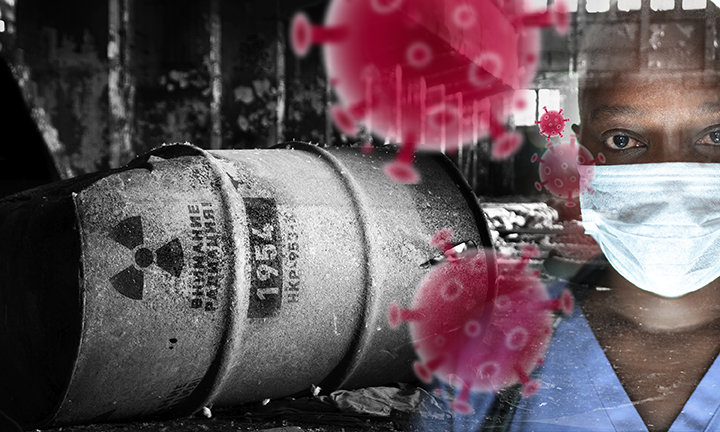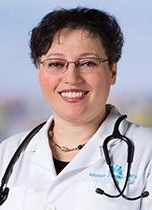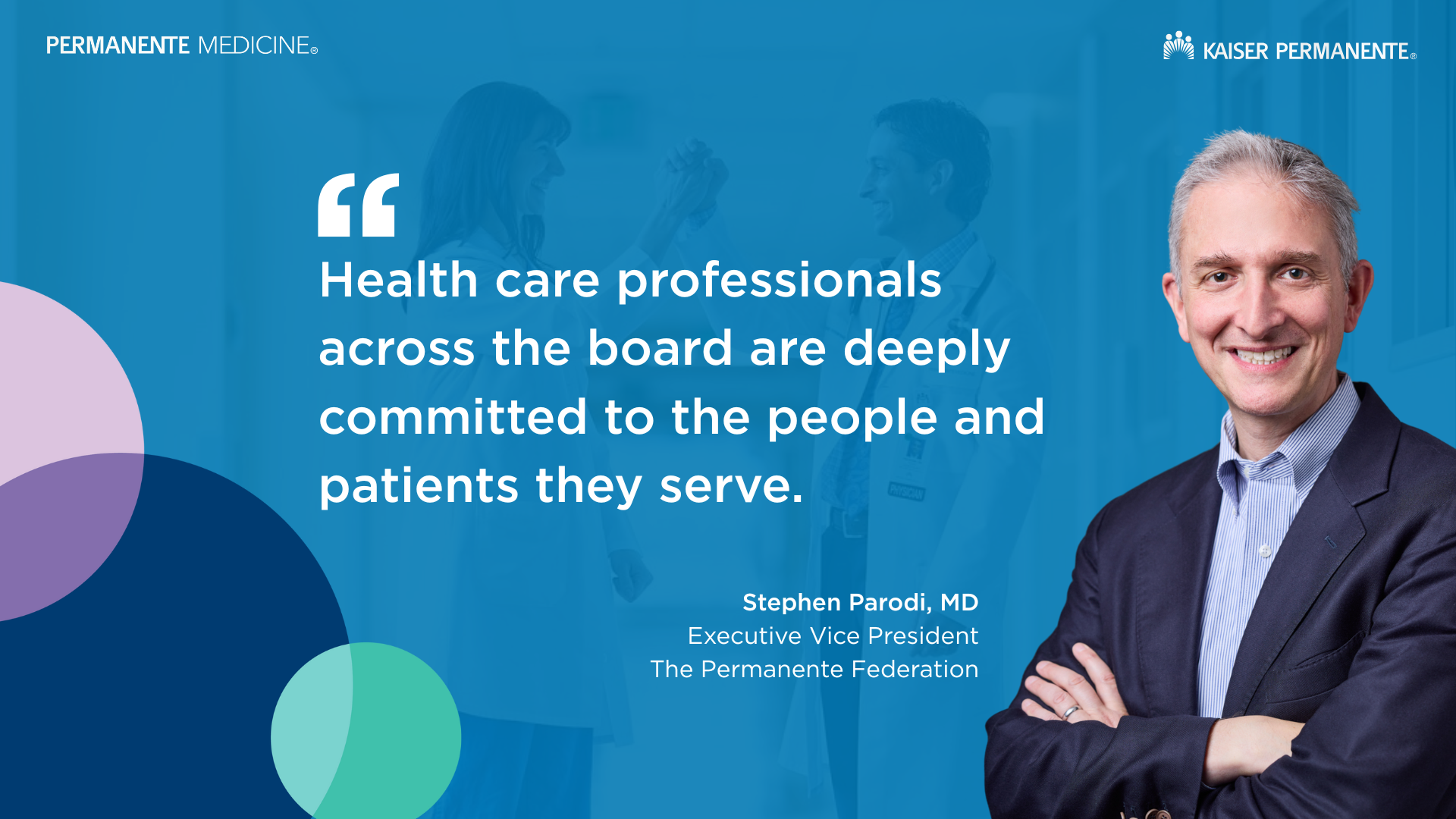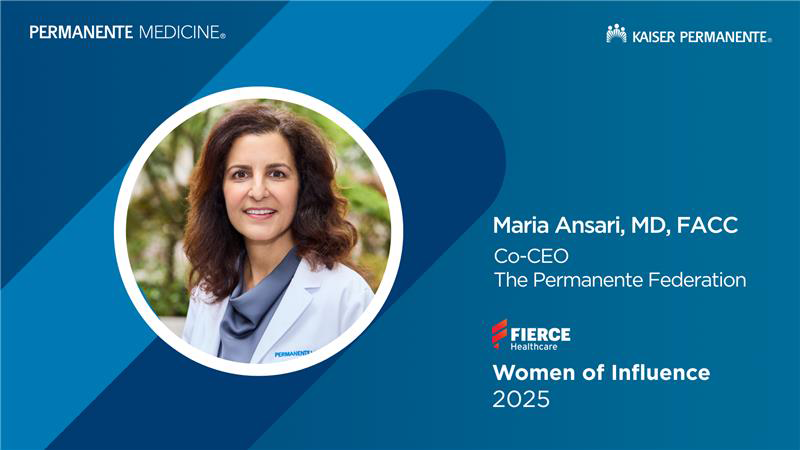Explore valuable lessons learned from Permanente physicians in 2025's rapidly changing health care landscape.

From the front lines: How COVID-19 stirred memories of Chernobyl disaster

After almost 30 years of living in this amazing country, I started taking life for granted. Even 1 year ago when we bought tickets for our family trip to Greece and Israel we did not think of buying insurance. For what? Yes, we were in New York during 9/11 and lived to see unimaginable suffering of friends who lost loved ones. Those memories started to fade, so we framed a front-page of Twin Towers in flames in our living room. A possibility of planes being grounded again, our oldest kid urgently sent back home from Israel, and virtual schooling (aka homeschooling) of 5 kids was unimaginable.
Empty streets, social distancing, fear of the unknown, and premature loss of lives, suddenly brought back my memories of Chernobyl. I was 12 when it happened.
Growing up in the former Soviet Union, I experienced my fair share of challenges: Iron Curtain with no ability to travel overseas, silence about our close relatives in the United States so as not to get in trouble with the KGB, 1991 coup one month prior to our emigration, and inflation that evaporated all of my parents’ life savings overnight. I can go on and on but none of the experiences living in a totalitarian country ever came close to waking up one day in the spring of 1986 realizing that an invisible destructive force was just unleashed.
I was not allowed out of my house without a head covering. I guess that would be an equivalent of masks during COVID-19 times. It bothered me that adults would make me do something without any evidence. This tiny piece of cloth will somehow prevent radiation from being absorbed by my body?
My Chernobyl experience knowingly or unknowingly became a catalyst for me to become a doctor. As I recently was combing through my archives to fill out the Colorado Permanente Medical Group’s re-credentialing paperwork, I unexpectedly found my medical school admission essay that I wrote in 1994.
“My desire to become a physician came from a tragedy that had an enormous influence on my life — the Chernobyl Nuclear Station disaster. Not many people in the modern world have ever experienced the terror of war: a time when one does not foresee what the following day will bring; a time when people are dying without any hope for survival and you, an ordinary person, are completely powerless. To say that I lived through the horror of the Chernobyl disaster is the same as to say that I experienced a real war — a fight for survival.”
My Chernobyl experience knowingly or unknowingly became a catalyst for me to become a doctor.
I wonder how many 12-year-olds now submerged in non-ending COVID-19 experience will write a medical school essay comparing it to war? I wonder how many of them are dreaming of being on the frontlines in the war on COVID-19 — imagining their faces covered in masks and eye shields, dressed like astronauts walking around ERs and ICUs saving lives? I wonder how many of them we will find 20 years later tinkering in labs discovering novel vaccines and drugs?
“Seeing people suffering from the consequences of the nuclear disaster made me realize the significance of medicine. My great dream then was to wake up as a doctor, if only for a day, and to help as many suffering people as I could. At that time I decided that in the future I must be a medical doctor.”
How do I explain to my kids that there is a force of nature out there that is unpredictable and silent? It is like walking in the dark alley not knowing when and if you will be attacked. It can harm you and others so your life as you know it is now suspended. You must wear a mask, though as a doctor you can’t show them much evidence it makes a difference.
Fortunately, our life experience and resilience help turn any negative into a positive. The Soviet Union collapsed unexpectedly, freeing so many from the claws of communism. Radiation exposure turned out to be not as bad as presented in the HBO show that I finally got myself to watch several weeks ago. My fear of developing thyroid cancer evaporated over the years, as my medical knowledge grew. I am confident that the coronavirus as well will become a distant memory.
But until that time comes, let’s be there for our patients, families, neighbors, colleagues, and friends. Let’s share eye smiles with perfect strangers and provide a helping hand when people expect it the least.
Hanah Polotsky, MD, MBOE, is an internal medicine physician and director of Operational Excellence at Colorado Permanente Medical Group. This column first appeared on LinkedIn, and was reported on in this Colorado Public Radio segment. Follow Dr. Polotsky on Twitter at @hpolotsky.


